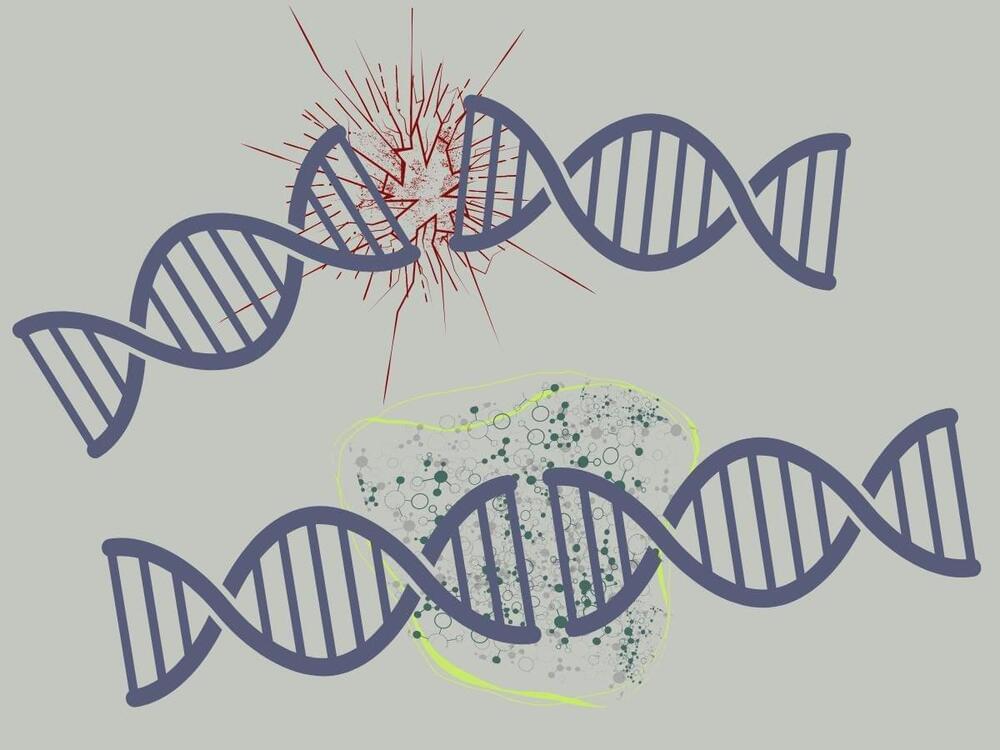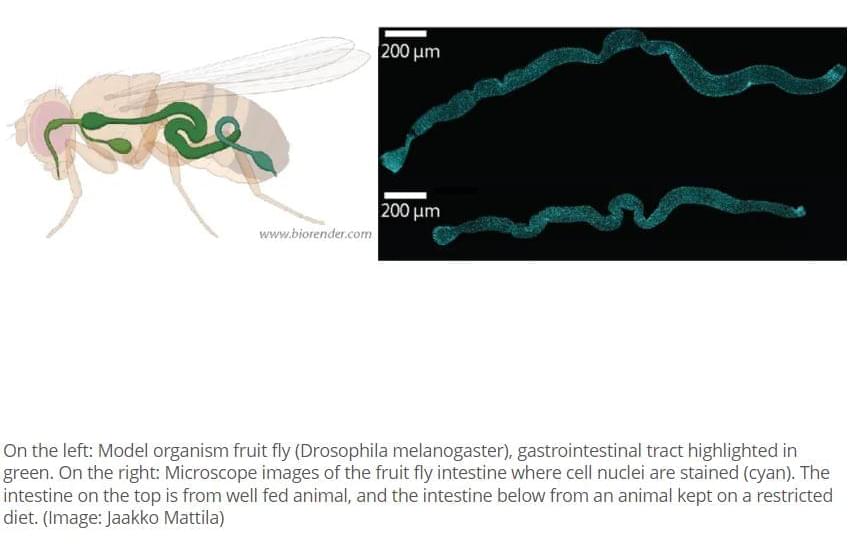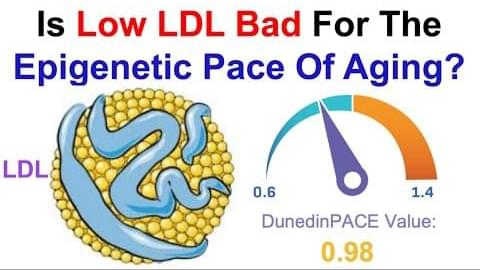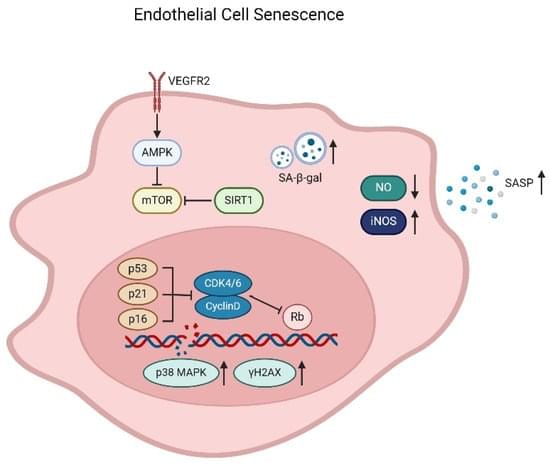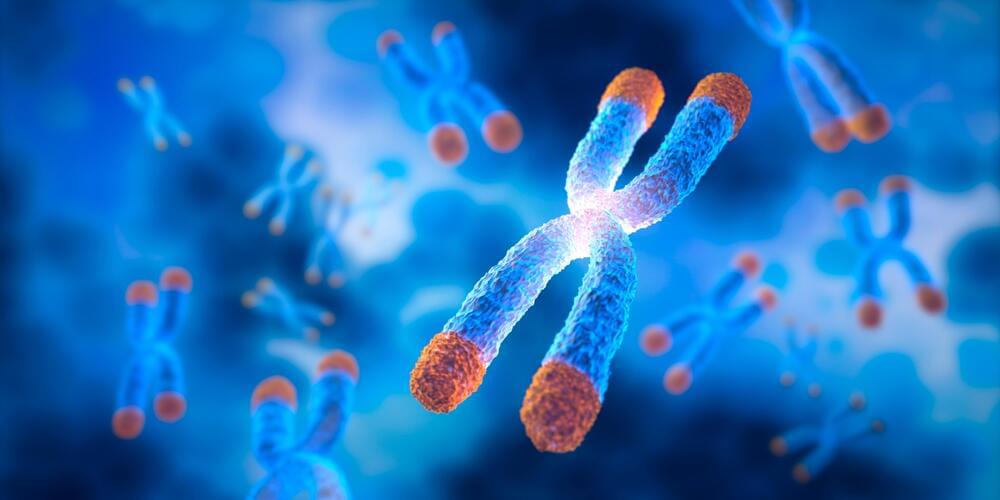Feb 27, 2024
Chinese philosopher’s brain frozen for science, causing stir among scholars
Posted by Alessandro Carvalho in categories: cryonics, life extension, neuroscience, science
Science and Technology: I don’t want to die.
A friend of the academic, who died in the US in 2021, says his brain has been cryonically preserved in accordance with his final wishes.

